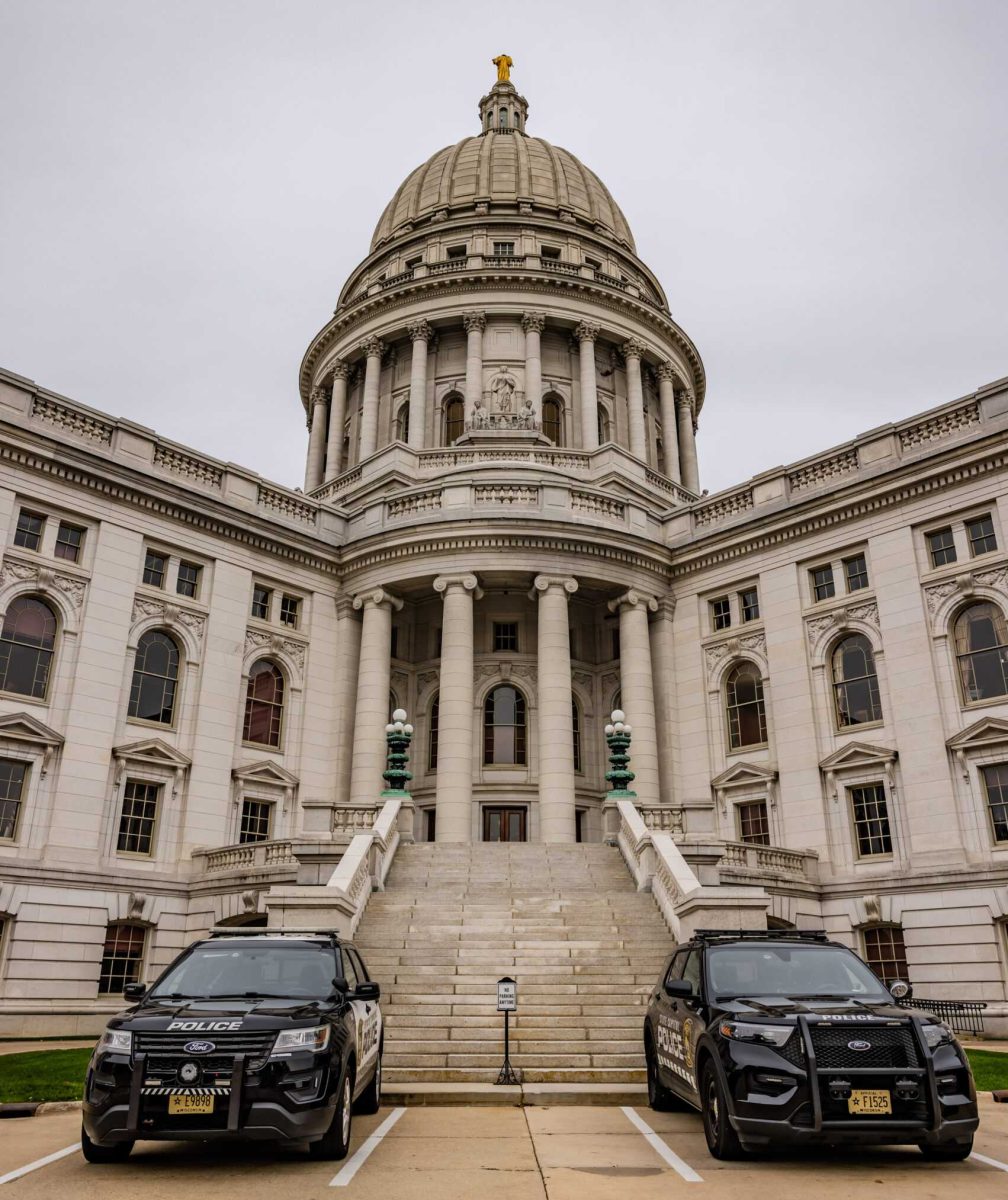The Conference Committee to formulate a budget repair bill will meet again today after a long weekend and throughout the week to create a compromise between the two Houses’ budget bills.
“The Conference Committee is responsible for reconciling differences between bills passed by the two Houses to balance the budget and eliminate deficit,” said Steve Baas, spokesman for Rep. Scott Jensen, R-Waukesha. “We started Tuesday and we’ll go until we’re done.”
Despite the long meetings, lawmakers say the executive sessions have not yet cost the state extra money.
“If they’re delayed to a certain point, they could cost the state significant dollars,” said Matt Kussow, spokesman for Rep. John Gard, R-Peshtigo.
This is the second week of meetings for the Conference Committee. Last week’s sessions unveiled both Republicans’ and Democrats’ primary budget concerns but reconciled only two minor issues.
“They’re talking about the various positions of each house. There are 320 differences between the Houses’ packages, and the committee has acted on two,” said Michelle Arbitoure, spokesman for Rep. Steven Foti, R-Oconomowoc.
Senate Majority Leader, Chuck Chvala, D-Madison, suggested topics of discussion for each day the committee met last week, but the three main topics — shared revenue, UW System budget cuts and campaign finance reform — were unresolved.
“The positions the Democrats have offered have been take it or leave it, that’s not negotiating,” Baas said. “Democrats have the ability to stall progress indefinitely, hopefully they’ll want to move beyond that and get the job done.”
The committee did reach two agreements in last week’s sessions — re-impose the mandate on local governments to maintain free libraries and restore funding for the Division of Forestry.
“The first week there wasn’t a great deal of progress, but that’s not surprising. The main goal was to stake out key positions,” Rep. Spencer Black, D-Madison, said.
Shared revenue was the first major issue the committee discussed. Browne said Assembly Republicans proposed significant cuts for state funding of local government services, such as the police force.
“We want to keep shared revenue in place,” said Sen. Russell Decker, D-Weston.
Budget cuts to the UW System was another major issue discussed in last week’s executive sessions.
“Assembly Republicans propose a $108 million cut for the UW; Democrats propose a $20 million cut,” said Kussow. “They’re a long way away from making a decision.”
Cuts to university funding have spurred controversy among committee members. Black said a $108 million cut would be devastating to the future of the university as well as to the state economy.
“Working with the UW System, they’ve said that [the Senate Democrat’s proposed $20 million cut] can be absorbed without affecting the economic stimulus package, which provides funding for various projects and expands course capacity in high demand areas,” said Mike Browne, spokesman for Chvala.
Support for campaign finance reform legislation remains divided by party.
“Democrats believe it is essential to pass real campaign finance reform legislation to get big money out of politics. Big campaign contributors have too much say in decisions made at the state Capitol,” Black said.
The Senate Democrats’ proposal would adopt provisions of Senate Bill 104. The public financing component of the bill has caused disagreement between the parties.
“Senate Democrats were unwilling to move at all from their positions [on UW System budget cuts and campaign finance reform],” Baas said. “Republicans will continue to offer serious proposals and serious compromises. There must be an effort to make concessions from both sides to resolve the issues.”
Lawmakers say the Conference Committee will reach an agreement as soon as possible.











